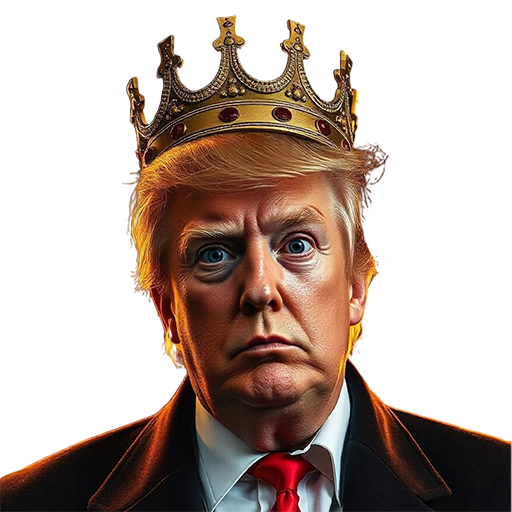History and Politics thru Science Fiction?!?
It’s true. I wasn’t much interested in history before I got to college, and even then, while I enjoyed a couple of courses I took for fun, it was hardly a central interest.
But I’ve always been an avid reader of science fiction. Which, in the words of one editor, escapes the present in order to put it in perspective and study it from a different angle.
Consuming tons of sci fi, it was inevitable I’d eventually stumble across Robert Heinlein, Isaac Asimov, Poul Anderson, H Beam Piper and Jerry Pournelle. Each of whom wrote a long series of interconnected stories that told the history of the future. Or, more accurately, a future1.
In the hands of a good writer, a history of the future illuminates history in general, because it shows how later events derived from earlier ones. Indeed, many future historians mine “real” history in crafting their imaginary tales, giving those stories even greater depth and authenticity2.
It was a relatively short skip and a jump to wondering if “real” history could be as interesting. Turns out it is!
Not the dry dates and events. But the life experiences people went through as history was being forged. The opportunities seized. The chances missed. The great decisions made (often for less than great reasons). And the terrible blunders committed (often for the best of reasons). That’s what makes history — and its handmaiden, politics — so interesting3.
Anderson actually wrote three completely separate future histories ↩
Piper was a master at this ↩
Winston Churchill, in the introduction to his six volume history of World War II, took pains to remind the reader that while the reader knew how things turned out — and so undoubtedly thought the outcome was inevitable — those making decisions in the face of events had no such confidence. Indeed, the good guys didn’t know they would win until fairly close to the end of the war. ↩
His Imperial Majesty Speaks!

mostly incoherently, but still…
“The United States Military just entered the Great State of California and, under Emergency Powers, TURNED ON THE WATER flowing abundantly from the Pacific Northwest, and beyond. The days of putting a Fake Environmental argument, over the PEOPLE, are OVER. Enjoy the water, California!!!”
Only…
- the military did not enter California;
- the federal government just restarted water pumps that were offline for maintenance;
- the water in question can’t get to southern California; and,
- even if it could, the recent fires were exacerbated by the supply system, not the supply of water.
